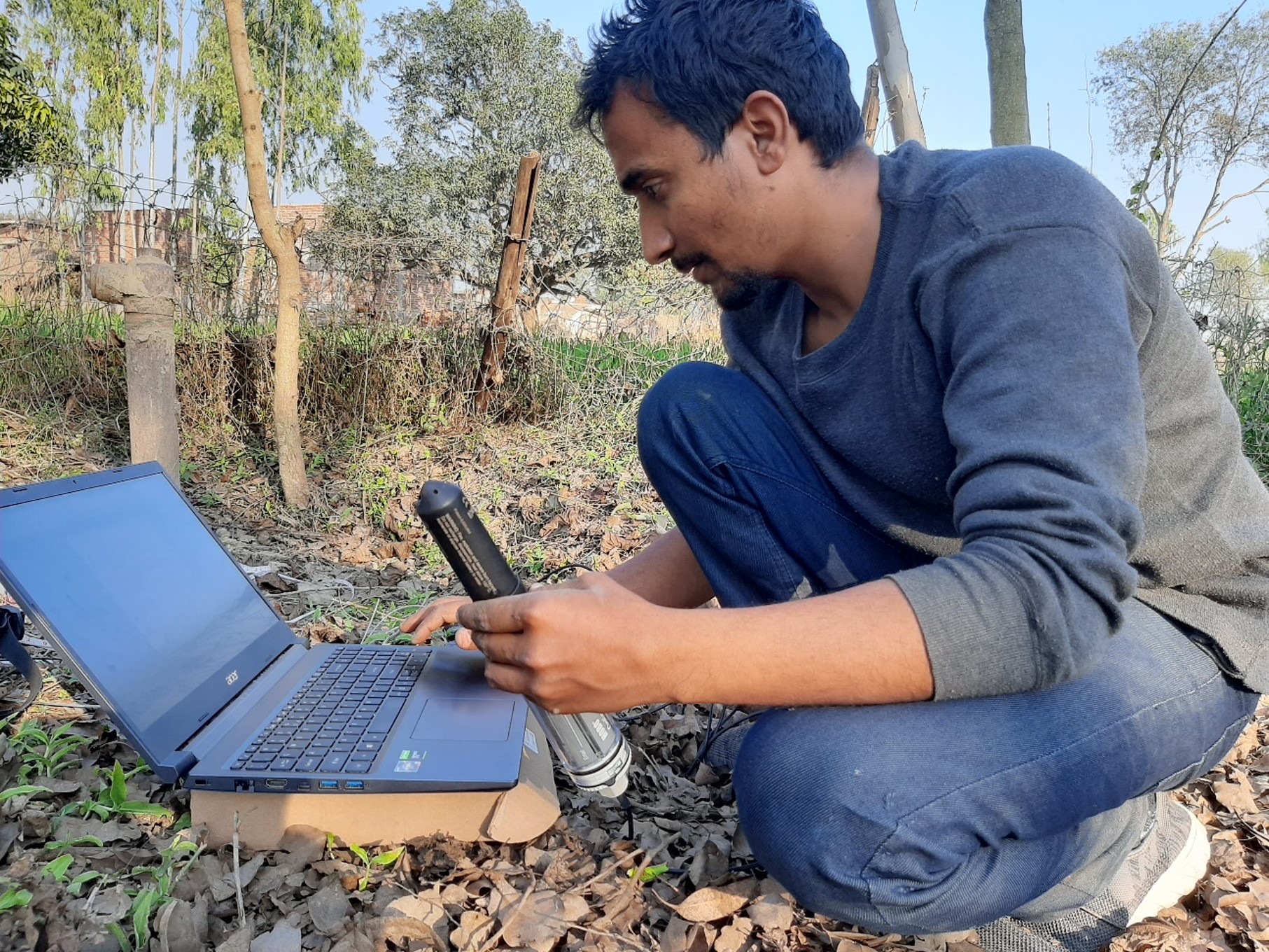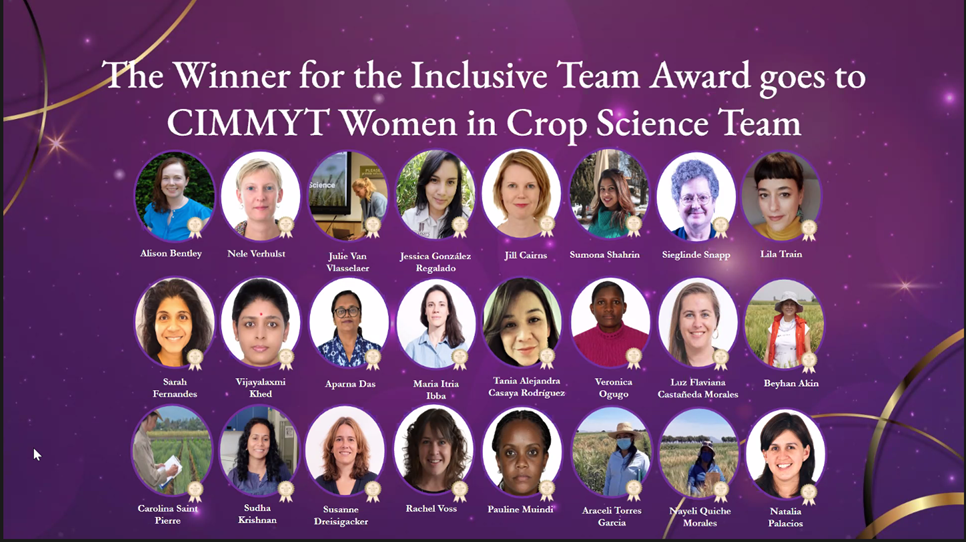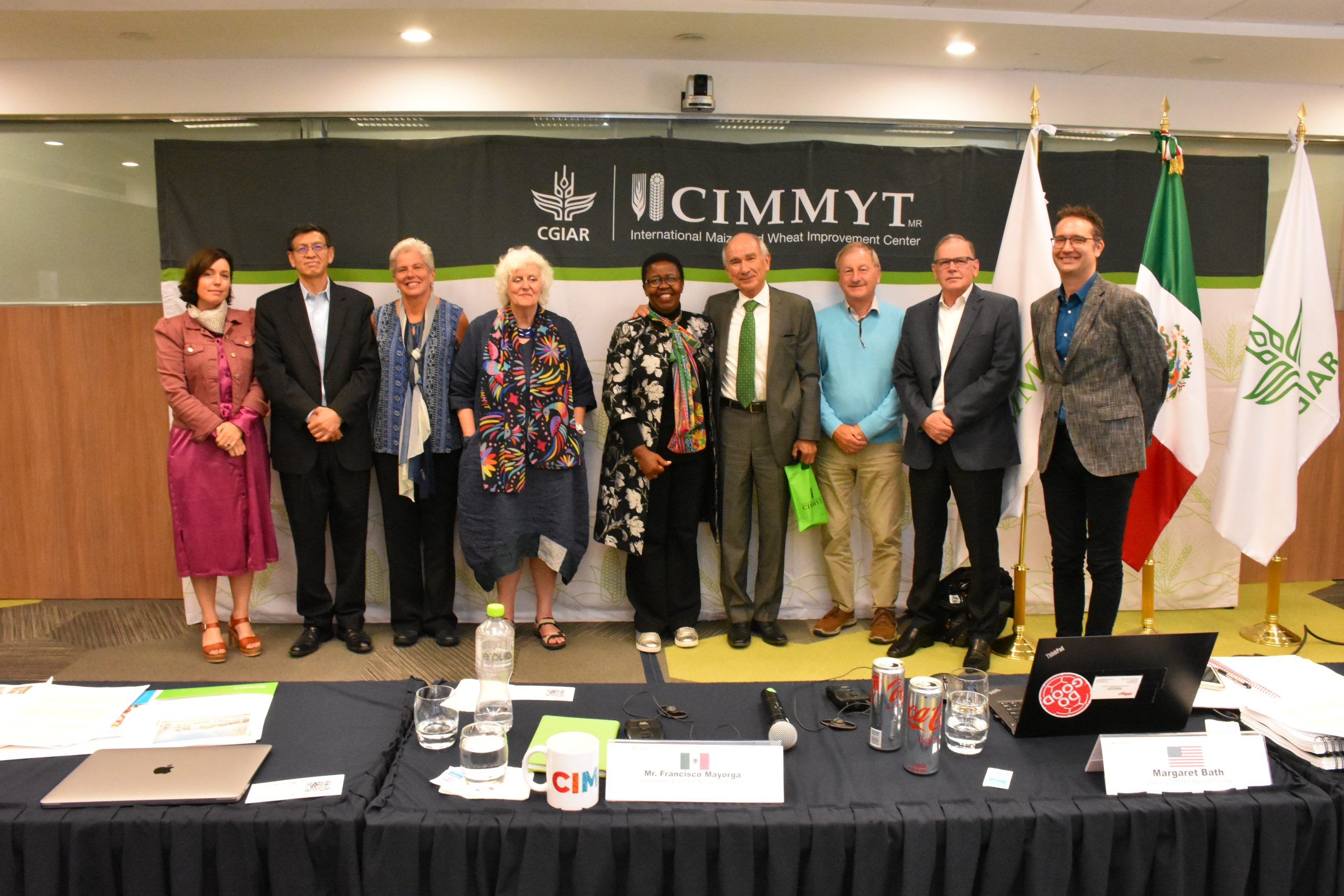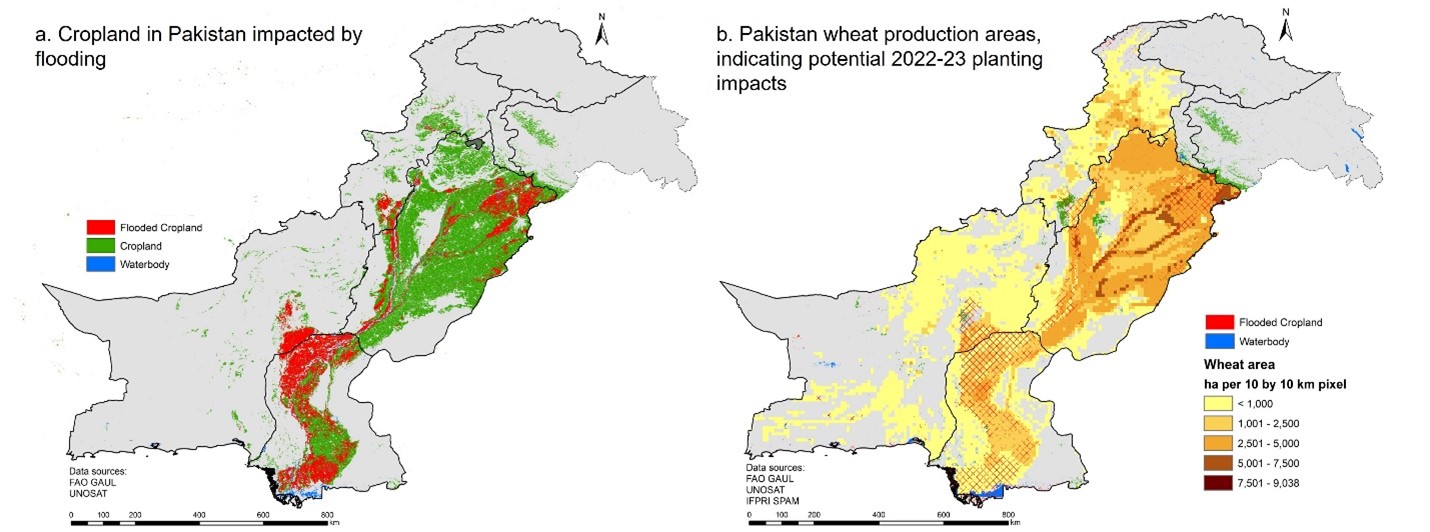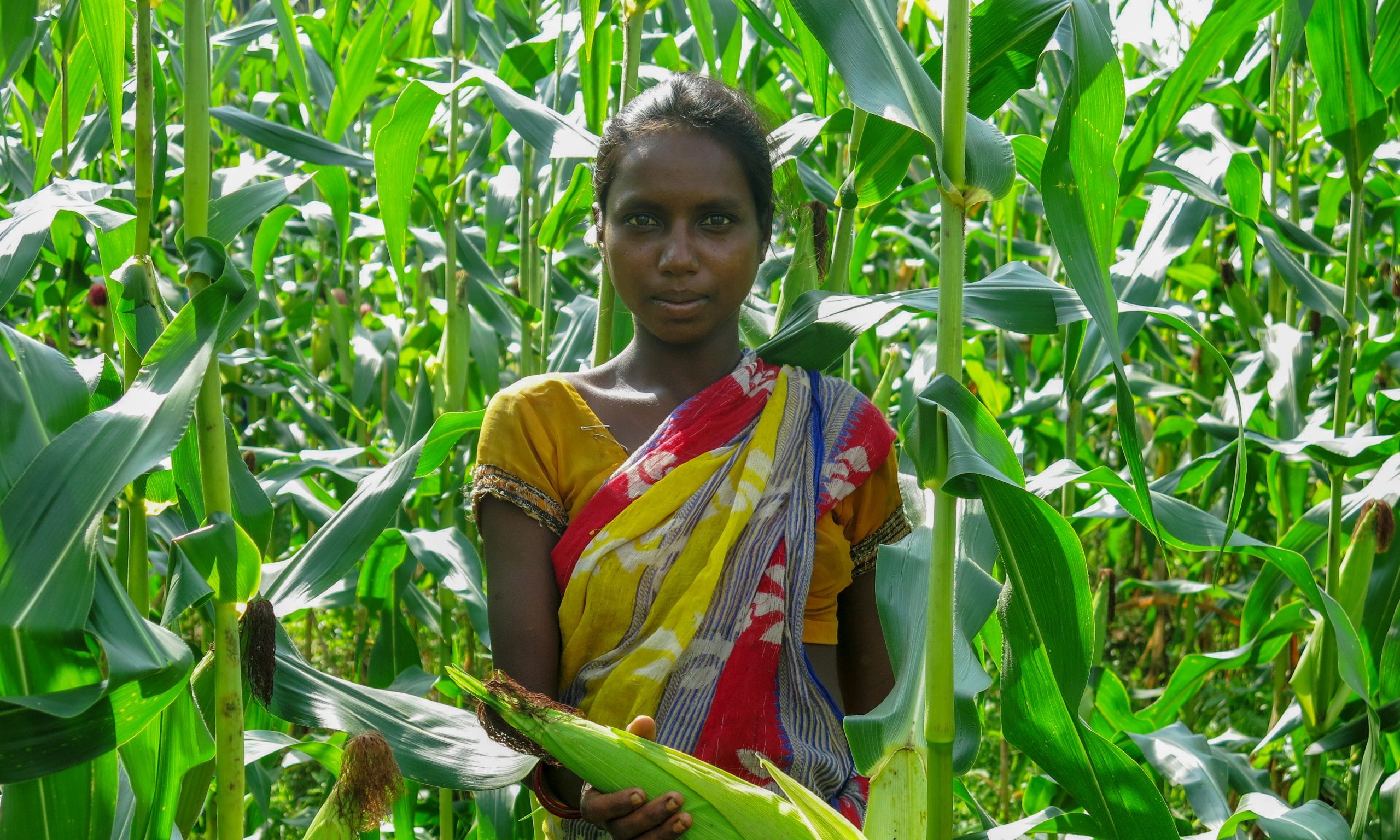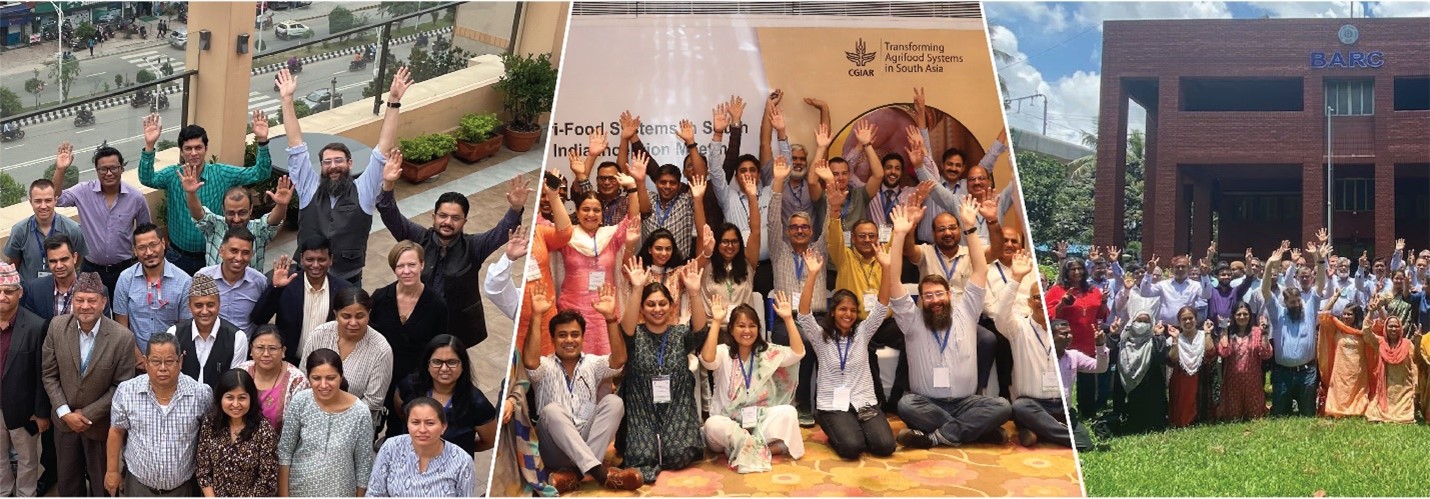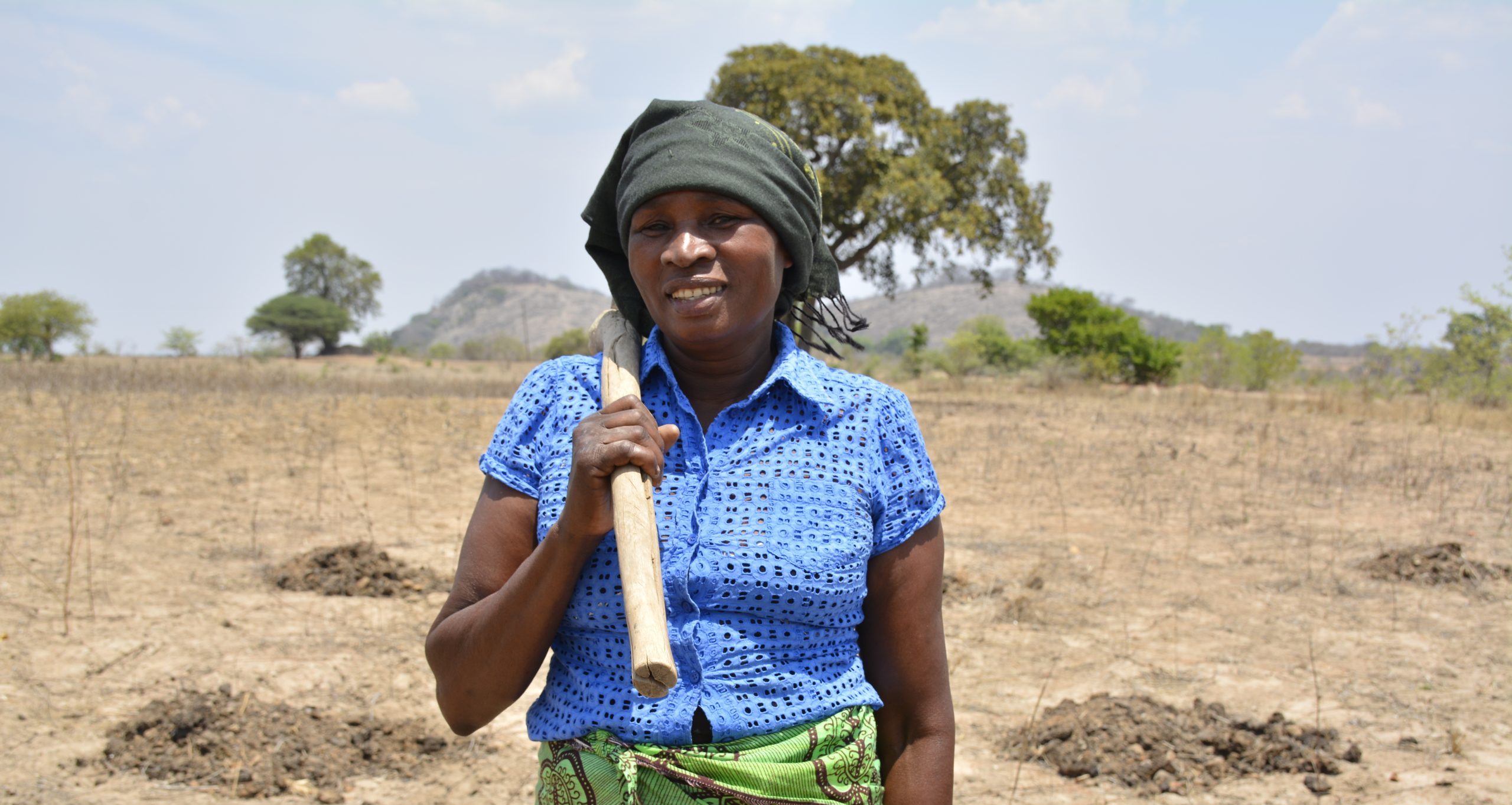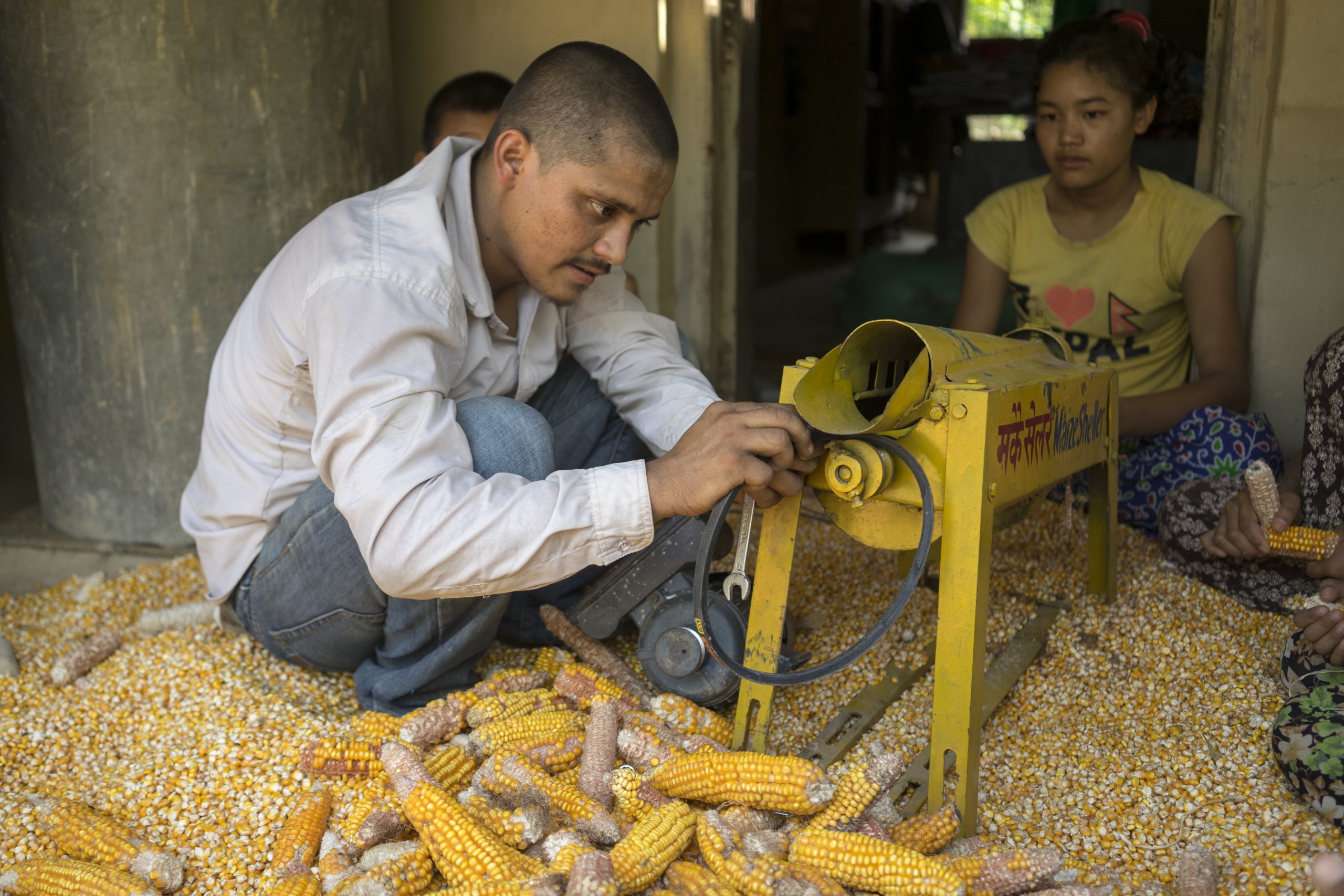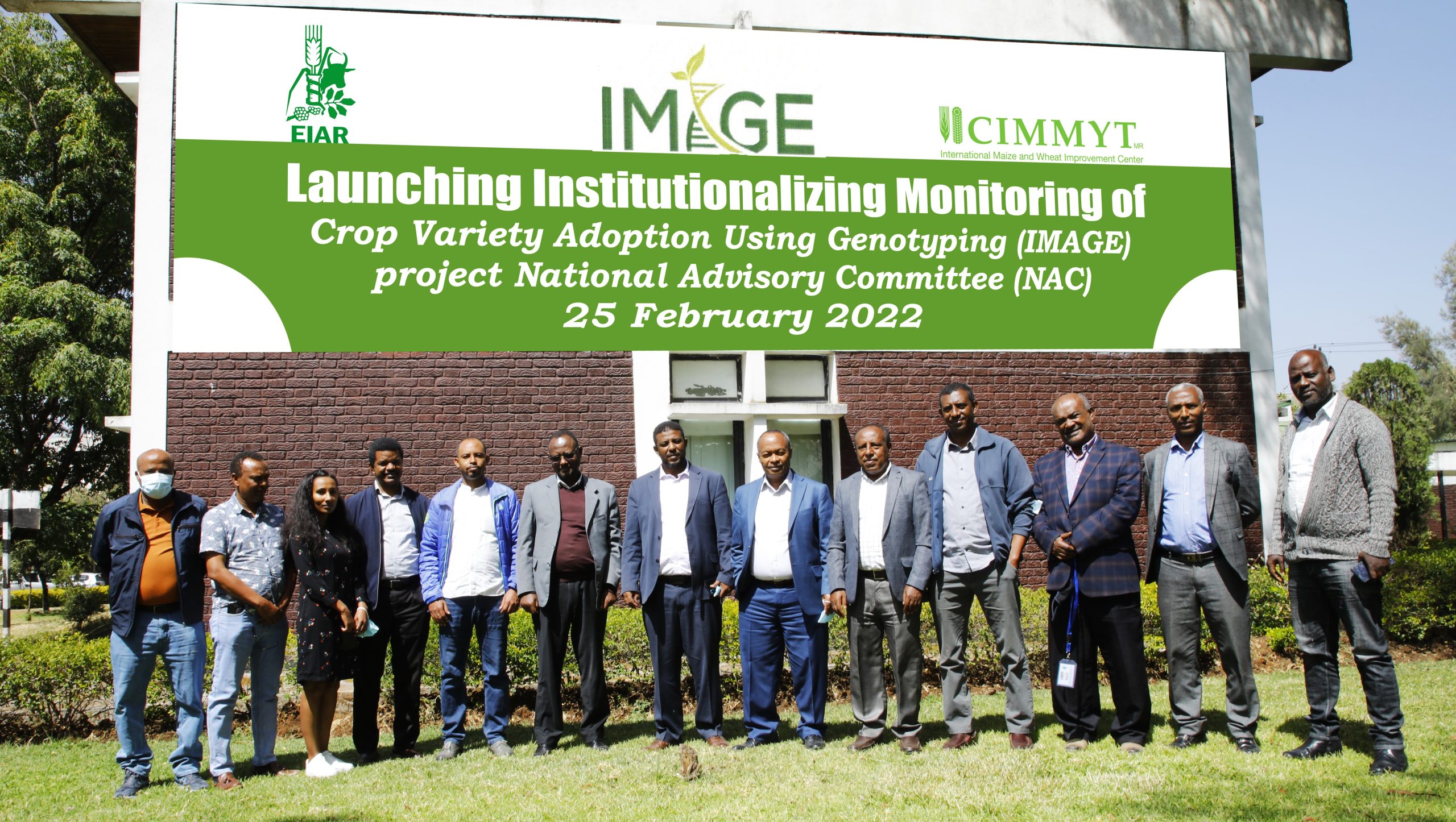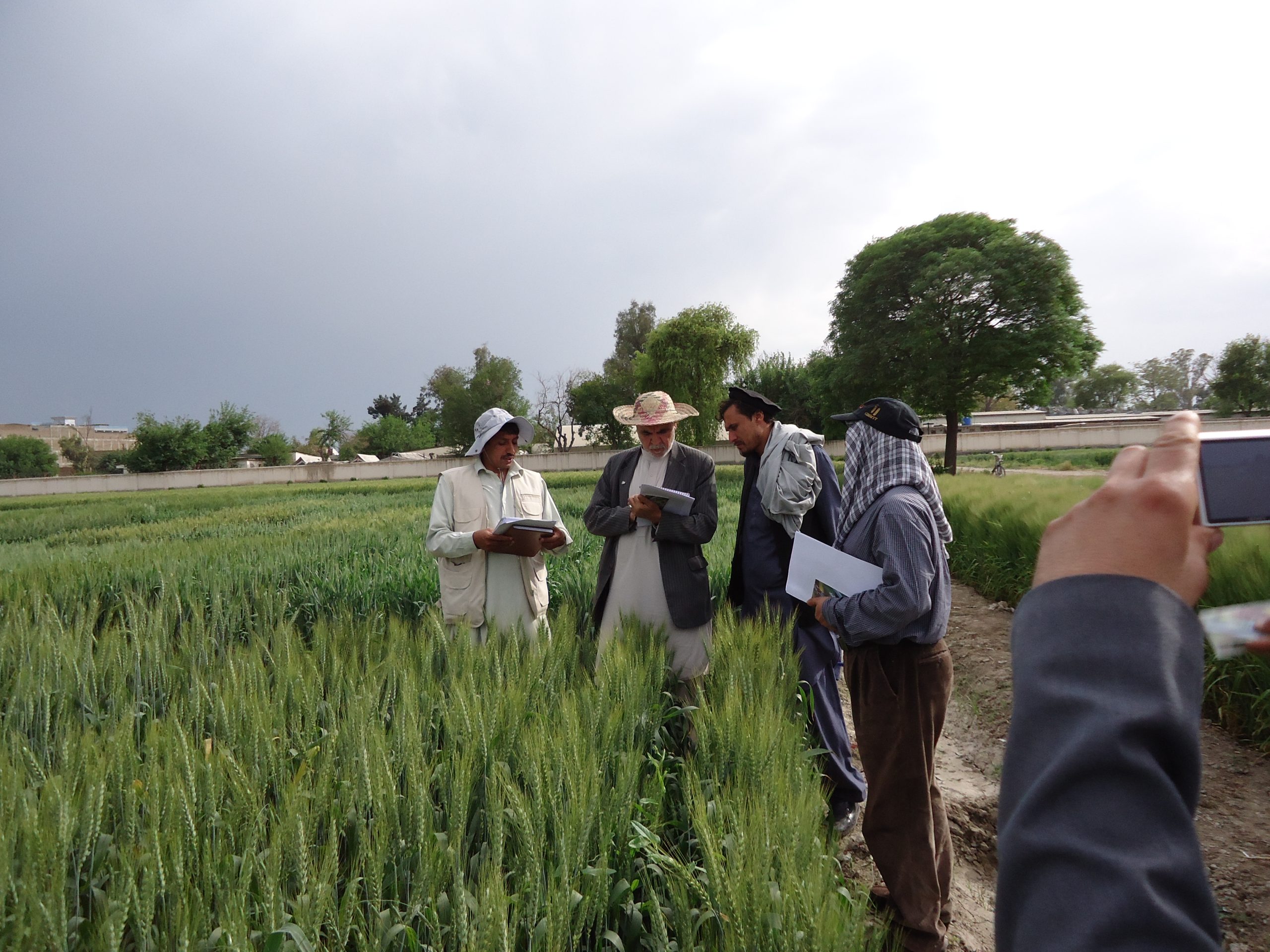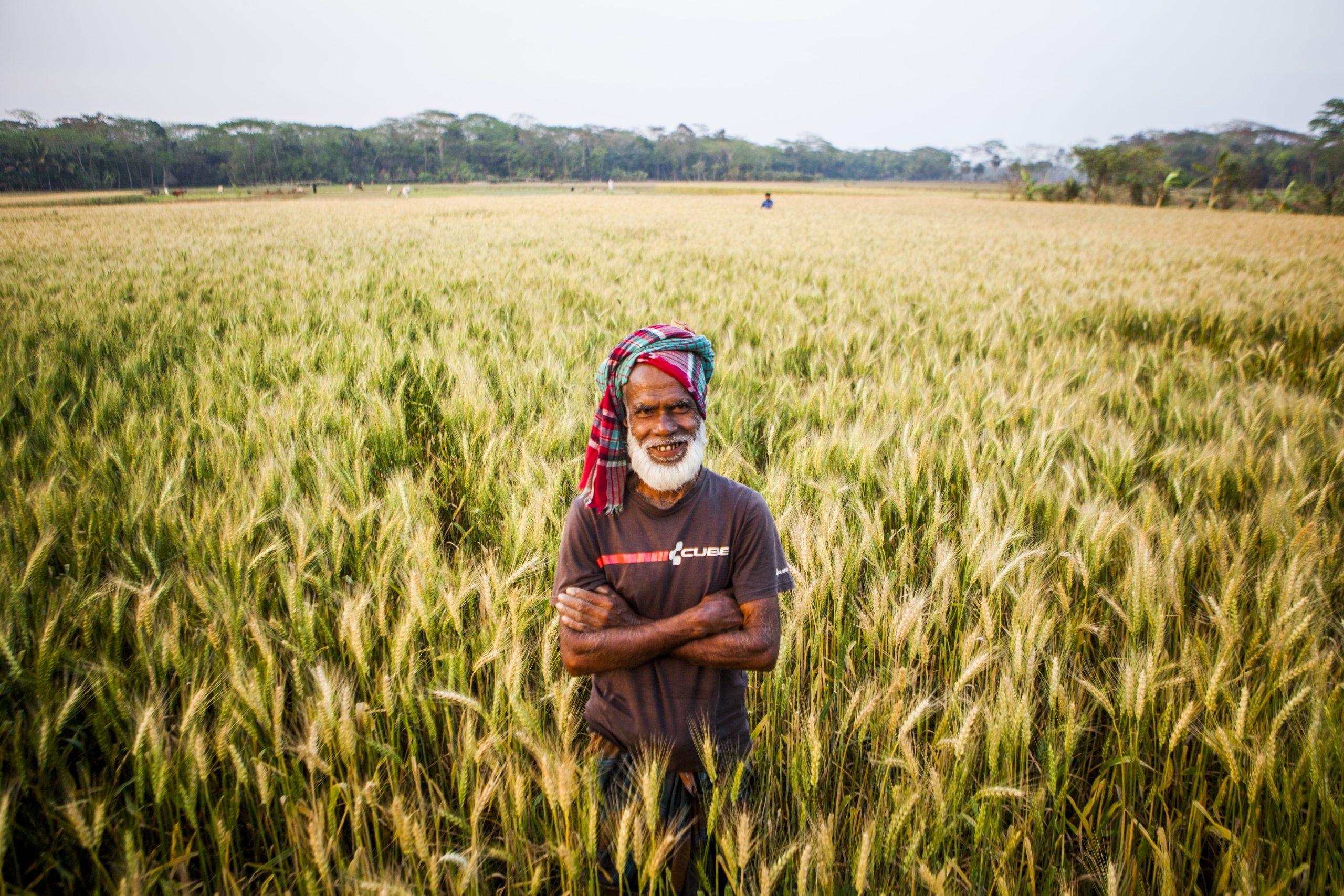News
Scientist urges upgrades to monitor groundwater use for agriculture in low-income countries
 Innovations
Innovations
Successful testing of phone-based groundwater monitoring in the Nepal Terai was described at World Water Week in Stockholm.
Opinion: Feeding people on this warming Earth requires future-proofing our agri-food systems. Here’s how.
 Nutrition, health and food security
Nutrition, health and food security
Source: MarketWatch (23 Sep 2022)
Models of funding for agricultural research and development (R&D) need to adapt in order for the world to meet current challenges to agrifood systems.
Weather data and crop disease simulations can power predictions of wheat blast outbreaks, new study shows
 Environmental health and biodiversity
Environmental health and biodiversity
Protecting farmers from wheat blast, a lethal plant disease, could be made easier through enhanced monitoring and forecasting tools.
The world cannot ignore the global food crisis and its consequences
 Climate adaptation and mitigation
Climate adaptation and mitigation
Source: Des Moines Register (25 Sep 2022)
Cary Fowler, US Special Envoy for Global Food Security, mentions CIMMYT as one example of institutions “contributing significantly to global food security.”
CGIAR’s “GDI Oscars” celebrate the stars behind advancing Gender, Diversity and Inclusion in our workplaces
 Gender equality, youth and social inclusion
Gender equality, youth and social inclusion
CIMMYT’s Women in Crop Science team win the Inclusive Team Award at CGIAR’s inaugural Inclusive Workplace Awards for creating an inclusive and respectful team culture.
MasAgro is “a gift for Africa”
 Capacity development
Capacity development
CIMMYT’s Board of Trustees were impressed with MasAgro’s outcomes in Mexico and its potential for replication in Africa.
Regenerative agriculture in Mexico: the case of Bimbo
 Environmental health and biodiversity
Environmental health and biodiversity
Source: Opportimes (22 Sep 2022)
Grupo Bimbo and CIMMYT partnership aims to improve regenerative agricultural practices for wheat and maize in Mexico.
After the flood
 Climate adaptation and mitigation
Climate adaptation and mitigation
Soil health and water infrastructure measures needed to restore wheat production in Pakistan, in rural communities devastated by major flooding.
Can we accelerate gender equality?
 Gender equality, youth and social inclusion
Gender equality, youth and social inclusion
Exacerbated by the pandemic, women are still facing inequality across all areas, including health and livelihoods. CIMMYT is working to make parity a reality.
Integrated initiative launches in Nepal, India and Bangladesh
 Climate adaptation and mitigation
Climate adaptation and mitigation
Collaborative project between CGIAR research centers aiming to improve food security in South Asia launches in three countries.
Drought-tolerant maize and use of forecasting in agriculture praised by the Bill & Melinda Gates Foundation
 Climate adaptation and mitigation
Climate adaptation and mitigation
CIMMYT and CGIAR scientists develop drought-tolerant maize and use forecast information to prevent the spread of crop diseases.
Why co-creation is vital for sustainable agriculture
 Climate adaptation and mitigation
Climate adaptation and mitigation
CIMMYT Director General Bram Govaerts explains to government and private sector partners how CIMMYT equips farmers to capitalize on new technologies, resulting in climate-smart processes and increased food security.
Tracking improved crop varieties
 Environmental health and biodiversity
Environmental health and biodiversity
CIMMYT and EIAR launch working group in Ethiopia to implement IMAGE, a five-year project that will improve seed variety deployment in Africa.
Setting a standard: improving field trial data
 Capacity development
Capacity development
New manual helps standardize field trial data collection across Afghanistan.
Can agriculture bring South Asian countries together?
 Climate adaptation and mitigation
Climate adaptation and mitigation
An article in Amar Ujala in India explores the cross-country collaboration instigated by the Borlaug Institute for South Asia.
